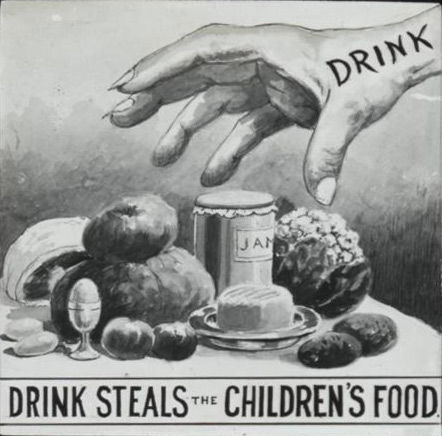Tags: Pyrodactyl Games; Unrest
Unrest is the Kickstarted adventure RPG set in a fantasy version of ancient India, developed by Pyrodactyl Games and released just a couple of days ago on Steam and GOG. In this review, esteemed community members Deuce Traveler and VioletShadow tell you about the experience they've had with the game - what they have, and haven't, enjoyed about it.
Have a snippet:
Read the full review: RPG Codex Review: Unrest
Unrest is the Kickstarted adventure RPG set in a fantasy version of ancient India, developed by Pyrodactyl Games and released just a couple of days ago on Steam and GOG. In this review, esteemed community members Deuce Traveler and VioletShadow tell you about the experience they've had with the game - what they have, and haven't, enjoyed about it.
Have a snippet:
VioletShadow: The concept of seeing the Bhimra's unrest through the eyes of several different main characters worked very well. Not only were the individual segments intertwined in terms of their actions and consequences, but the personal perspective of each of them served to ground the world and make it feel very lived-in. Some of my favorite segments were the ones that involved the peasant. Even though she was only loosely connected to the main plot, her story and the circumstances she found herself in helped illustrate the disconnect between the lower castes and those at the top. Her immediate preoccupations, and those of the other peasants, involved problems directly related to their status in society, such as lack of food and the need to marry into higher castes, rather than political instability or the trade treaty, which for the most part they hadn't even heard of. It made me think of how the isolation of the lower castes created the conditions for problems such as the slums' rioting. This ties into your point regarding events outside the characters' control. Looking back to the segment with the naga, I felt a strong sense of helplessness; there was really nothing she could do to make the situation better. I agree that it made the game world believable, and a much more immersive experience than if some chosen one could erase history and its consequences with eye-rolling heroics.
Deuce Traveler: The world of Unrest is certainly a kind of medieval fantasy setting, but different enough to interest players tired of the all-too-familiar pseudo-European fare. The architecture is eastern, as is the dress of the people. The culture is post-Gupta Indian, featuring an entrenched caste system and Hinduism with nary a hint of Buddhism or Islam. The game's story fleshes out the motivations of its various characters, including the villains, who believe that they were right for making the bloody decisions that propel the plot, despite the catastrophic results. This is not a story of noble heroes pushing back darkness, but instead a tale of survivors with opposing viewpoints going through their lives, which are interrupted on occasion by short outbursts of charity or wickedness.
[...] Finally, there are some major decisions you can make in the game that seem to have little effect on the overall story. In one playthrough, I decided that I was going to put my character in harm's way for the sake of diplomatic niceties. That character was killed. On the second playthrough I decided to be especially conceding during the diplomatic discussions, but then rigidly refused a request for my character to put himself in harm's way. This caused my character to step down from her diplomatic station and retire. In the character's narrative this made a huge difference, since she was now alive rather than dead. But from my perspective as a player the result was the same, since the character would have no further impact on how the story unfolded.
Deuce Traveler: The world of Unrest is certainly a kind of medieval fantasy setting, but different enough to interest players tired of the all-too-familiar pseudo-European fare. The architecture is eastern, as is the dress of the people. The culture is post-Gupta Indian, featuring an entrenched caste system and Hinduism with nary a hint of Buddhism or Islam. The game's story fleshes out the motivations of its various characters, including the villains, who believe that they were right for making the bloody decisions that propel the plot, despite the catastrophic results. This is not a story of noble heroes pushing back darkness, but instead a tale of survivors with opposing viewpoints going through their lives, which are interrupted on occasion by short outbursts of charity or wickedness.
[...] Finally, there are some major decisions you can make in the game that seem to have little effect on the overall story. In one playthrough, I decided that I was going to put my character in harm's way for the sake of diplomatic niceties. That character was killed. On the second playthrough I decided to be especially conceding during the diplomatic discussions, but then rigidly refused a request for my character to put himself in harm's way. This caused my character to step down from her diplomatic station and retire. In the character's narrative this made a huge difference, since she was now alive rather than dead. But from my perspective as a player the result was the same, since the character would have no further impact on how the story unfolded.
Read the full review: RPG Codex Review: Unrest
Last edited by a moderator:







![Have Many Potato [2013] Codex 2013](/forums/smiles/campaign_tags/campaign_potato2013.png)
![The Year of Incline [2014] Codex 2014](/forums/smiles/campaign_tags/campaign_incline2014.png)




























